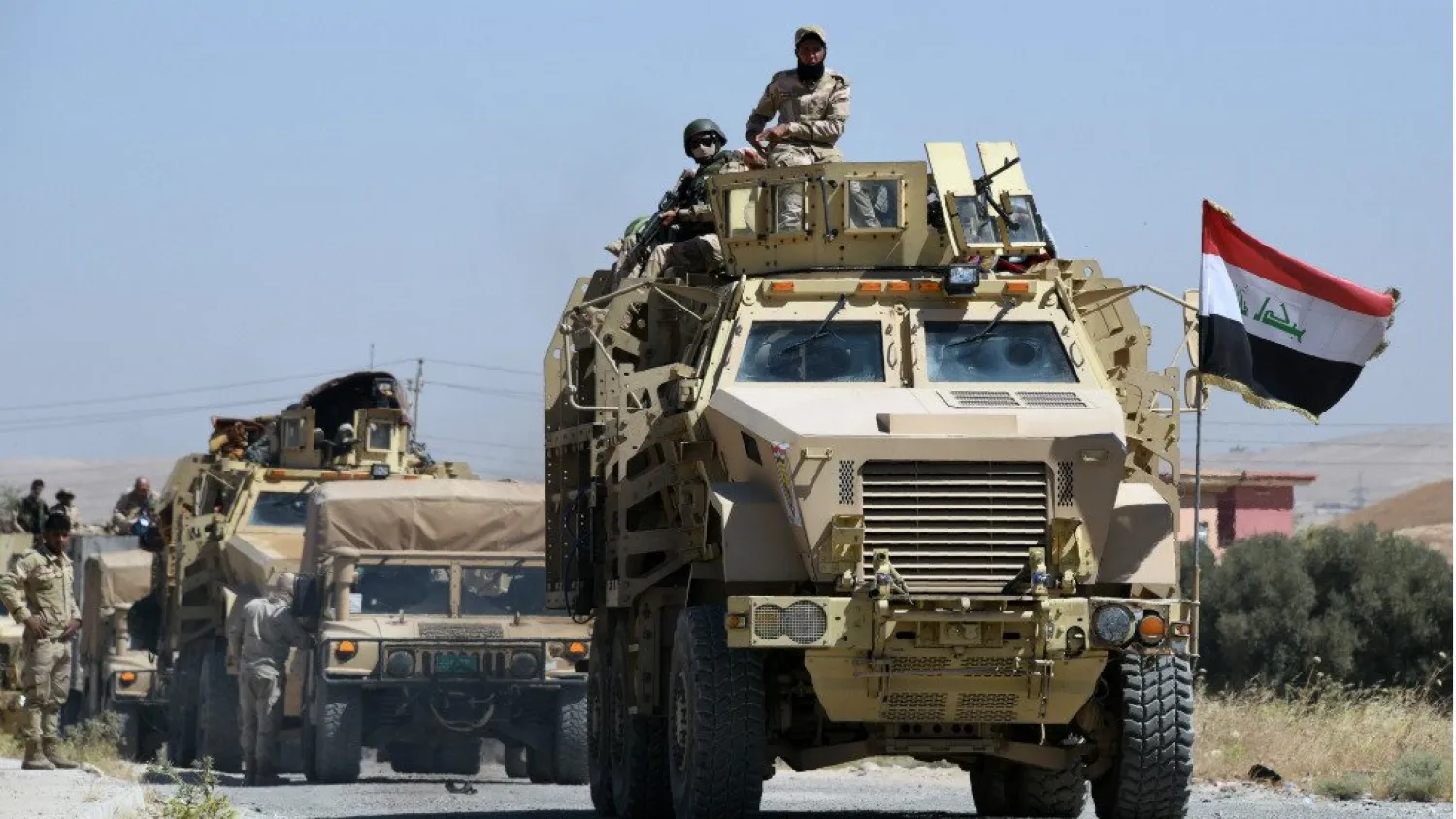After Iraqi Prime Minister Haider al-Abadi announced early Sunday the start of a battle to retake Tal Afar, Iraqi forces, supported by the US-led coalition and the Iraqi airforce, managed to complete the first phase by liberating large areas in the outskirts of the city.
Iraqi forces exceeding 40,000 soldiers, have advanced in the early morning from all directions towards Tal Afar, a key northern Iraqi bastion of ISIS and one of its last remaining strongholds in the region.
The Iraqi army’s 15th and 16th divisions advanced from the north while the federal police and the popular and tribal groups advanced from the west and the southwest. Counter-terrorism forces advanced from the southern side, and the 9th armored division advanced from the east and southeast.
For their part, US-led coalition aircraft and the Iraqi airforce provided air cover for the ground forces.
Commander of the second regiment in “Brigade 92” of the 15th division in the Iraqi army Lieutenant Colonel Ribwar Aziz told Asharq Al-Awsat: “The Iraqi army and other security forces participating in the Tal Afar operation successfully completed the first phase of the operation and were able to liberate more than six villages.”
Lt. Gen. Abdul-Amir Rasheed Yar Allah, who commands the operation, stated that the forces had recaptured a series of villages east, southwest and northwest of town.
Iraqi forces have already made significant gains on the first day of the operations, retaking the villages of Ibtisha, al-Alam, Khafaja, Halabya al-Ulya, and Marzef east of Tal Afar.
They have also liberated Abra al-Najjar, Abra Hanash, al-Abara al-Kabera, and al-Abara al-Saghera to the west, Yar Allah said.
It is hard to count the number of civilians in the city since, like other ISIS-controlled areas, people are banned from contacting others outside.
The Coalition estimates that approximately 10,000-50,000 civilians remain in and around Tal Afar, and the UN said more than 30,000 people had already left Tal Afar by early Saturday.
“Conditions are very tough in the city,” said UN Humanitarian Coordinator for Iraq Lisa Grande. “Food and water are running out, and people lack the basic necessities to survive.”
“We are deeply worried about the extreme risks that families are facing. Everything has to be done by the parties to the conflict to avoid civilian casualties and ensure people have the assistance they are entitled to under international humanitarian law.”
Tal Afar is located 70 kilometers west of Mosul, where US-backed government forces ended extremists’ rule in July after a months-long battle.









